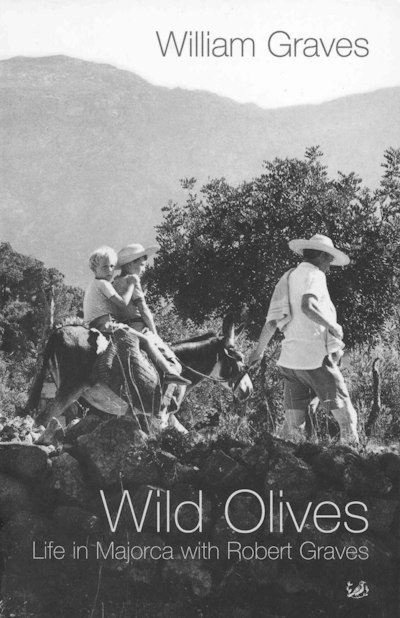Wild Olives
Life in Majorca With Robert Graves
- Published: 1 September 2010
- ISBN: 9781409046295
- Imprint: Vintage Digital
- Format: EBook
- Pages: 272
In Wild Olives, William, the eldest son of Robert Graves's second marriage, has given us a delightful, personal account of life with father after the family's return to Majorca - all the local intrigues, litigation and gossip interlaced with vivid descriptions of the mental processes by which Graves imagined himself back into the past or made mercurially intuitive connections like some kind of literary Sherlock Holmes
Times Literary Supplement
An excellent short memoir, recalling the magic of his childhood on Majorca, but also showing how hard it is to live with such a father.
Derwent May, European
William Graves's forthright memoir not only gives a sharp account of Father's foibles but offers a fuller evocation of the swiftly changing scene at Deyá and Palma than in Robert's sketchy Majorca Observed.
London Magazine


